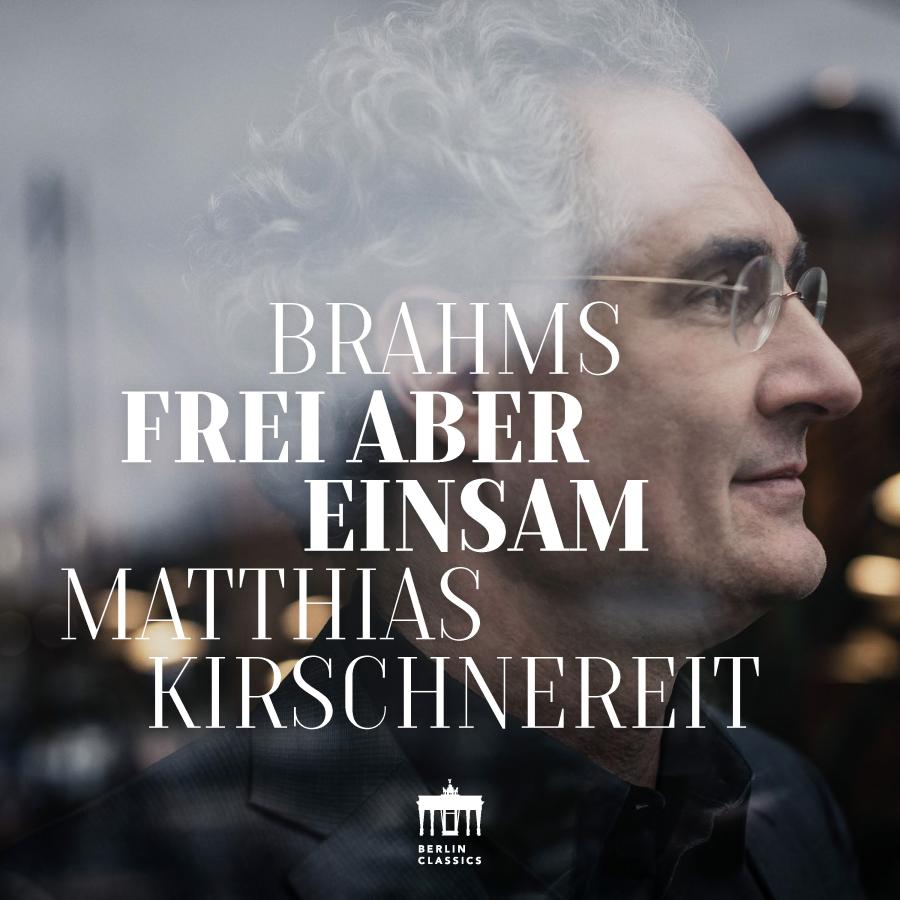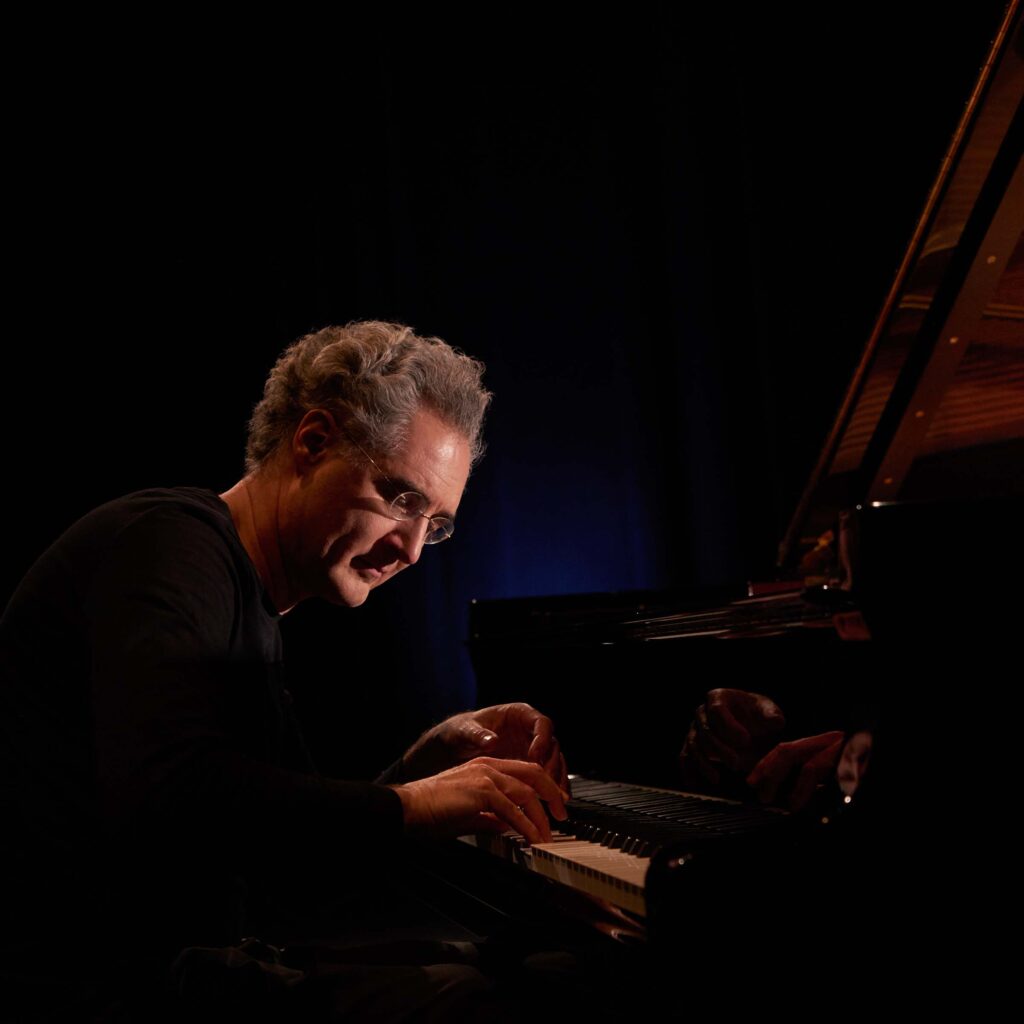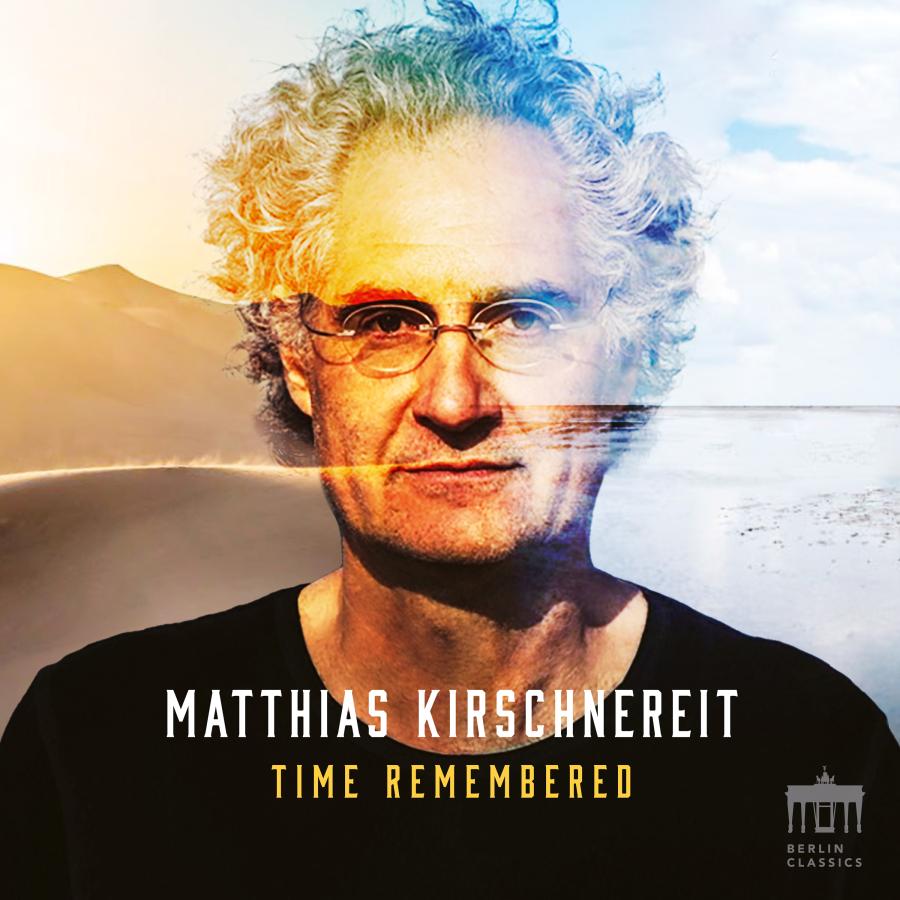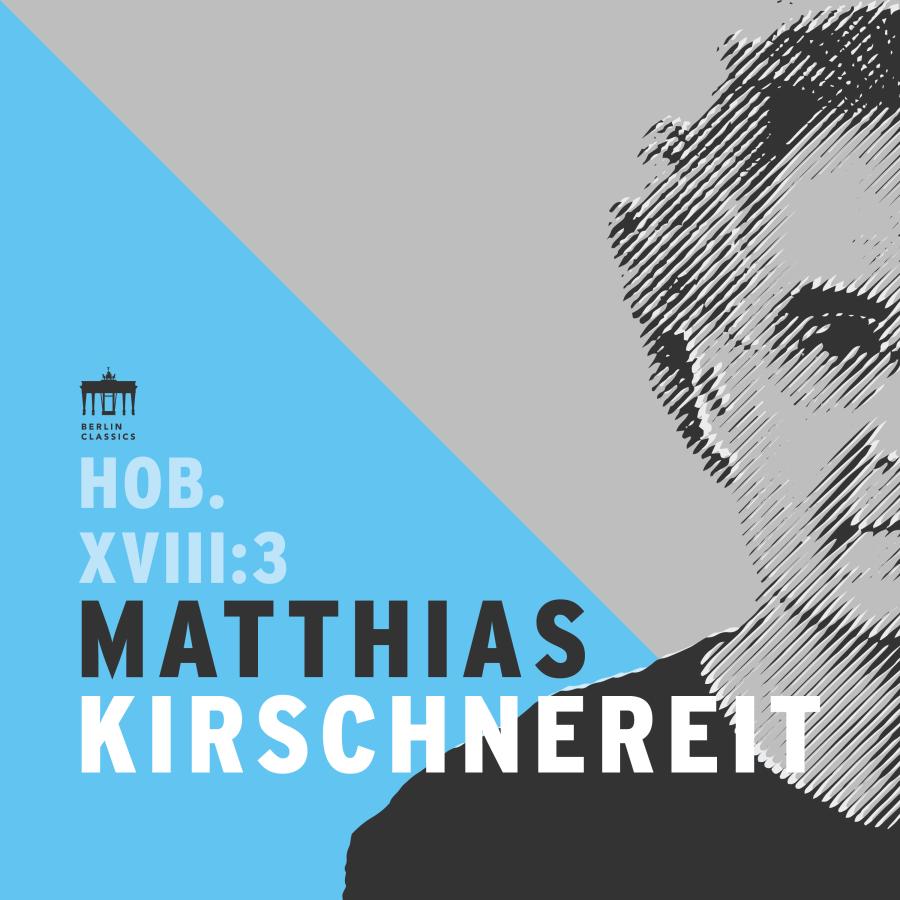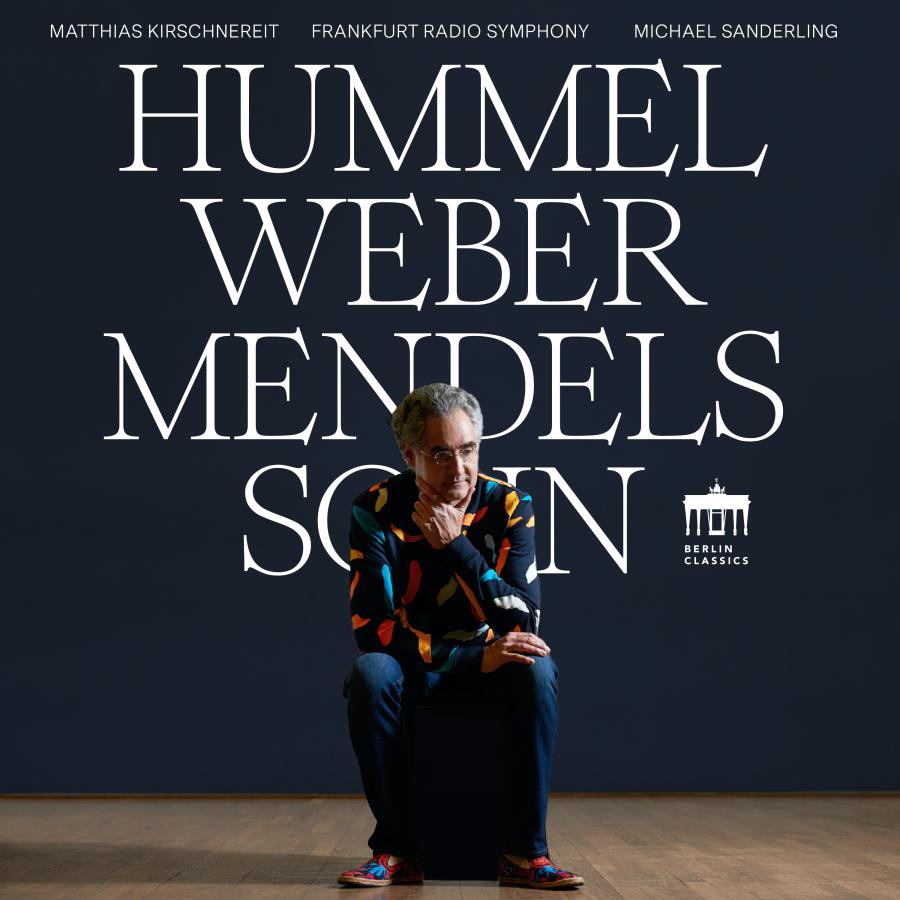“For me f. a. e. [frei aber einsam] has remained a symbol, and it is in my gift, despite all, to invoke it.” Johannes Brahms to Joseph Joachim, March 5, 1888
Johannes Brahms sought solitude, in order to find freedom in music and in composition. In his new album “Frei aber einsam” – free but lonely – pianist Matthias Kirschnereit brings Brahms’s timeless music into the present day. What can we learn from his works? “Certainly not that we should renounce love and all live the ascetic life”, says Kirschnereit. “But perhaps that we need to focus, take time out and ask ourselves where we want to go. And we can best do that in a state of solitude in the most positive sense of the word. Then we may be able to catch flashes from our own personal chasms. They can sound so sweet! Brahms cultivates dark melancholy, after all, not kitsch.”
F.A.E. is thus a reference for the pianist to a captivating and at the same time puzzling composer, coupled with a thought of Johannes Brahms the man, of his life’s motto. In the two “monoliths” – the F minor Sonata and the F minor Quintet – this motto takes musical form. The Scherzo from the eponymous Sonata for piano and violin was Brahms’s first musical involvement with this subject. The close link between Brahms’s artistic achievement and his philosophy of life is well documented. “He made it clear to his friends time and again that he wished to live wholly for music, wholly for his compositions. He was concerned that bourgeois obligations, which he viewed as fetters, would harm his work”, the pianist says.
Matthias Kirschnereit is currently one of the most exciting and successful German pianists of his generation. He has made his name at Berlin Classics with Romantic repertoire and now, following his recordings of works by Schumann and Schubert and his ambitious “Songs without Words” CD set (Mendelssohn/Hensel), he presents his new album. Romantic to the depths of its musical being, this recording wonderfully brings alive the (musical) motto that governed the life of Johannes Brahms. Added interest is won from the chamber-music coupling and his collaboration with the Amaryllis Quartett and violinist Lena Neudauer.
“He hardly speaks at all, or else if he does occasionally do so, then he speaks so softly that I cannot understand what he is saying. He undoubtedly has his own, secret, inner world – he absorbs everything of beauty and draws on it internally.” Clara Schumann, diary
“I require absolute solitude, not just in order to achieve what I am capable of, but merely to think about my vocation.” Johannes Brahms to Baroness Helene von Heldburg, August 11, 1887



